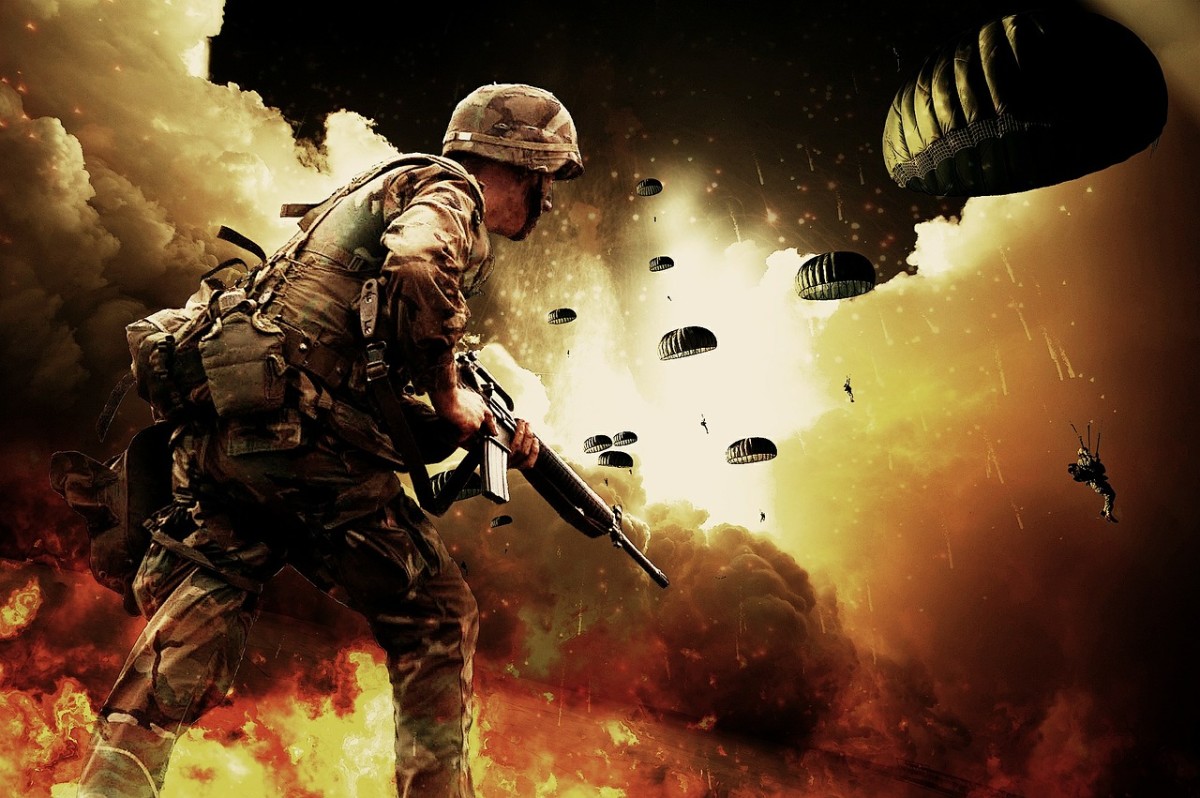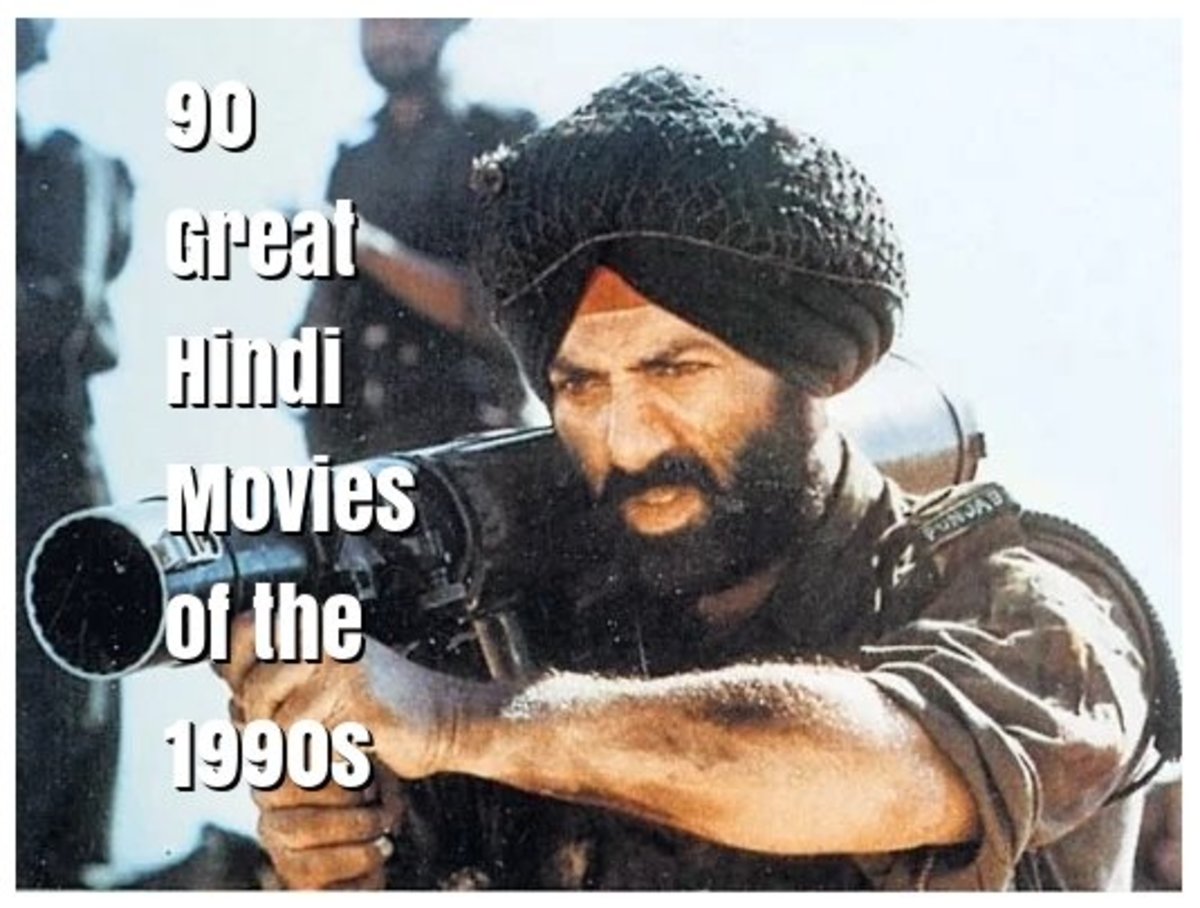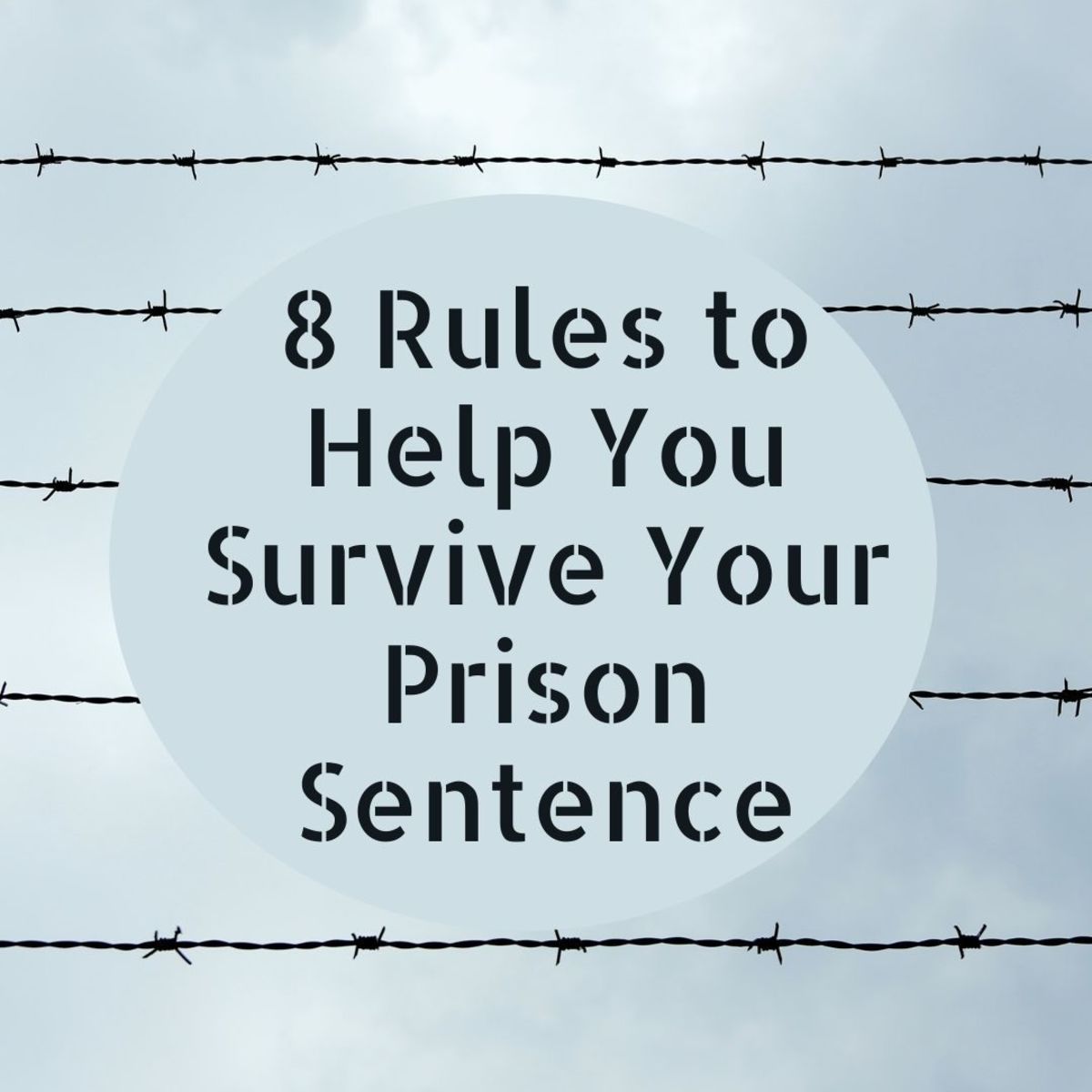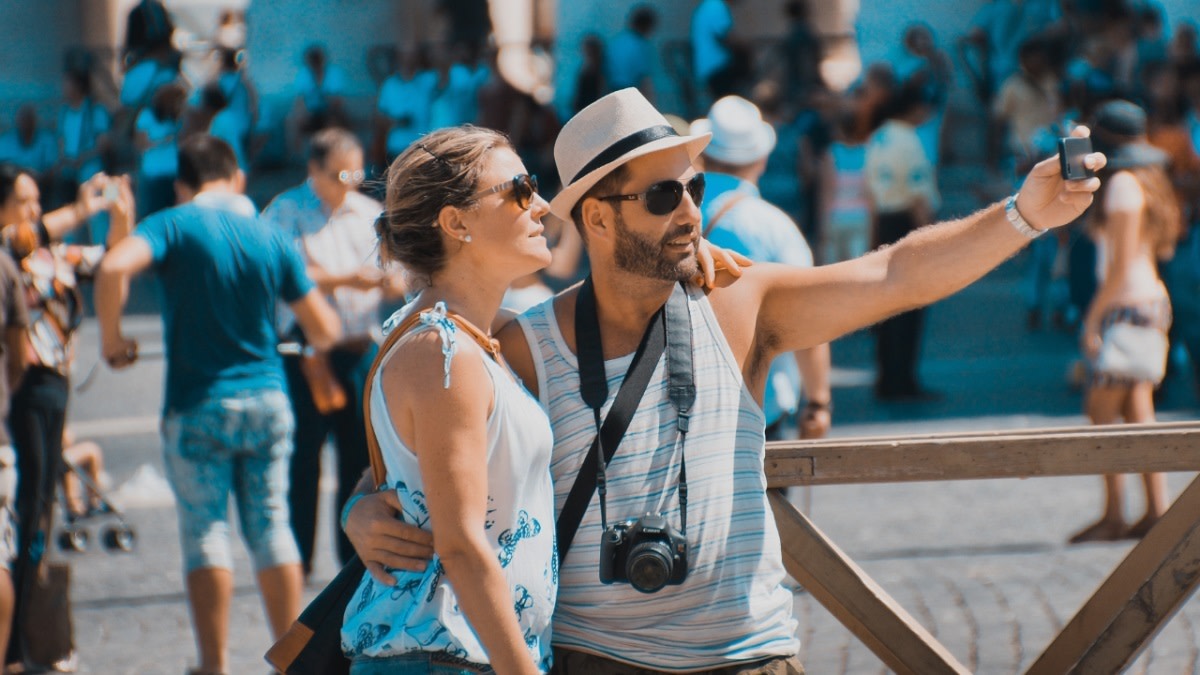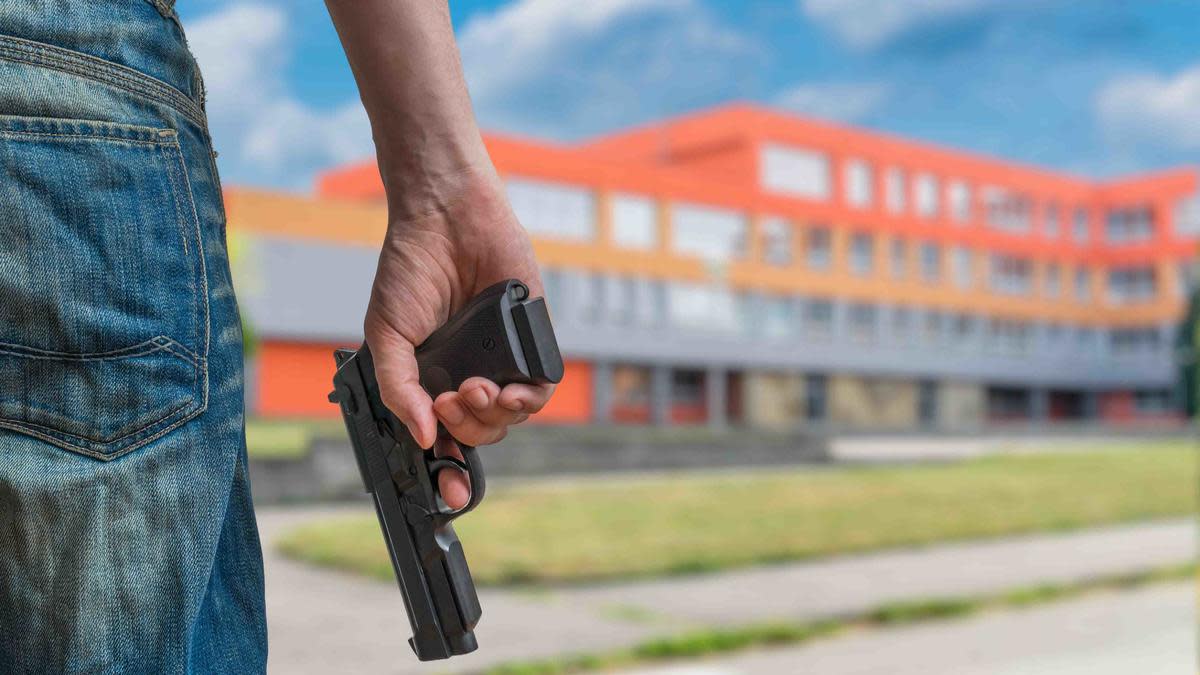Why Should We Respect Professional Soldiers?
I’ve never understood the exaggerated public respect that is accorded to professional soldiers. Most recently in the UK we’ve witnessed the spectacle of the Prime Minister effectively being emotionally blackmailed into phoning the mother of a soldier killed in the war in Afghanistan because apparently he made a few mis-spellings when he sent her a hand-written note of condolence. Frankly, I would prefer it if the leader of our country delegated this little administrative task to someone who can spare the time.
Why do we owe these soldiers respect? Some would argue that they are fighting for their country and while this is true it is also true that they are in the situation of their own accord. No-one joins the army of ignorance of what the job involves.
In fact this is the very reason why soldiers do not deserve the exaggerated respect they receive. Soldiers join the army knowing full well that they will have to kill people. I cannot begin to imagine the mindset of someone who thinks this is ok. The fact that these men and women are apparently okay with the idea of being paid to kill others is pretty disturbing to say the least and hardly worthy of respect.
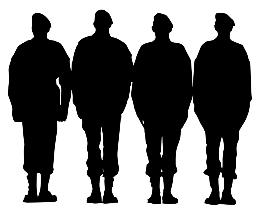
In fact it is no surprise to find that 8.5% of inmates in the UK prison system are former soldiers. In 2007, 11.6% of US army recruits needed ‘moral waivers’ for past criminal acts in order to be able to join. We should not be surprised about this, the lack of empathy needed to be a decent criminal is a top requirement for any prospective soldier.
The huge wars of the last century, WW1 and WW2, were fought largely by conscripts. True, there were also plenty of volunteers, but I think it is fair to say that from the point of view of the UK at least, both wars posed a serious risk to the country’s existence.
That is the difference between soldiers in those wars and professional soldiers. Soldiers in WW2 especially did not want to be involved but they had little choice. By comparison, professional soldiers today are like a bizarre kind of tourist. They sign up, get kitted up with things which hurt people and off they go.
I remember speaking to a guy who was in the Paras (the UK Parachute Regiment) once and he was saying how ‘gutted’ he was that he had missed the Falklands war and left before he had a chance to be involved in the first Gulf War and so never really saw any ‘action’. I find it hard to believe that this is an uncommon attitude amongst professional soldiers. Many of those who are now complaining about poor (killing) equipment would have been the most enthusiastic about the prospect of war back in 2001.
Now your trenchant flag-waver will defend these soldiers by saying that they are defending their country but that is not true. Both UK and US soldiers are involved in wars which have little or no bearing on the security of their respective countries. Sure, there are important geo-strategic interests at stake, but it is not the case that there is a massive risk to the ordinary citizens of either country from Islamic extremists, let alone Afghans or Iraqis.
There are plenty of people who do far more important jobs in our societies but receive far less credit. Just off the top of my head it should be fairly obvious that, for a country not threatened by war - doctors, nurses, teachers, social workers, firefighters and policemen all perform far more useful jobs than soldiers. I don’t think we should put these guys up on a pedestal either as there are plenty of reasons why people choose these jobs, not all of them gratifying, but the fact is that they contribute vastly more to society.
All of these groups, especially teachers and social workers, are subject to all kinds of abuse from the media and other commentators when things don’t go perfectly. Yet it seems as though soldiers can do no wrong, unless of course they are actually implicated in a war crime, in which case these soldiers are hastily labelled as ‘not representative’ of the rest of the army.
Do soldiers have their uses? Sadly, our world is still troubled enough that they do. In particular there is a benefit in the international community deploying soldiers to keep the peace in troubled countries, though clearly there is a need for international agreement on the wheres, whys and hows of deployment.
But this does not mean that soldiers deserve the excessive respect that they are accorded. No-one joins the army in ignorance of what the job involves and the choice to join is weighed up against the often generous benefits of joining. Most worryingly of all has to be the mindset of the kind of person who considers killing for money acceptable, regardless of the patriotic nonsense with which these motivations are disguised.



